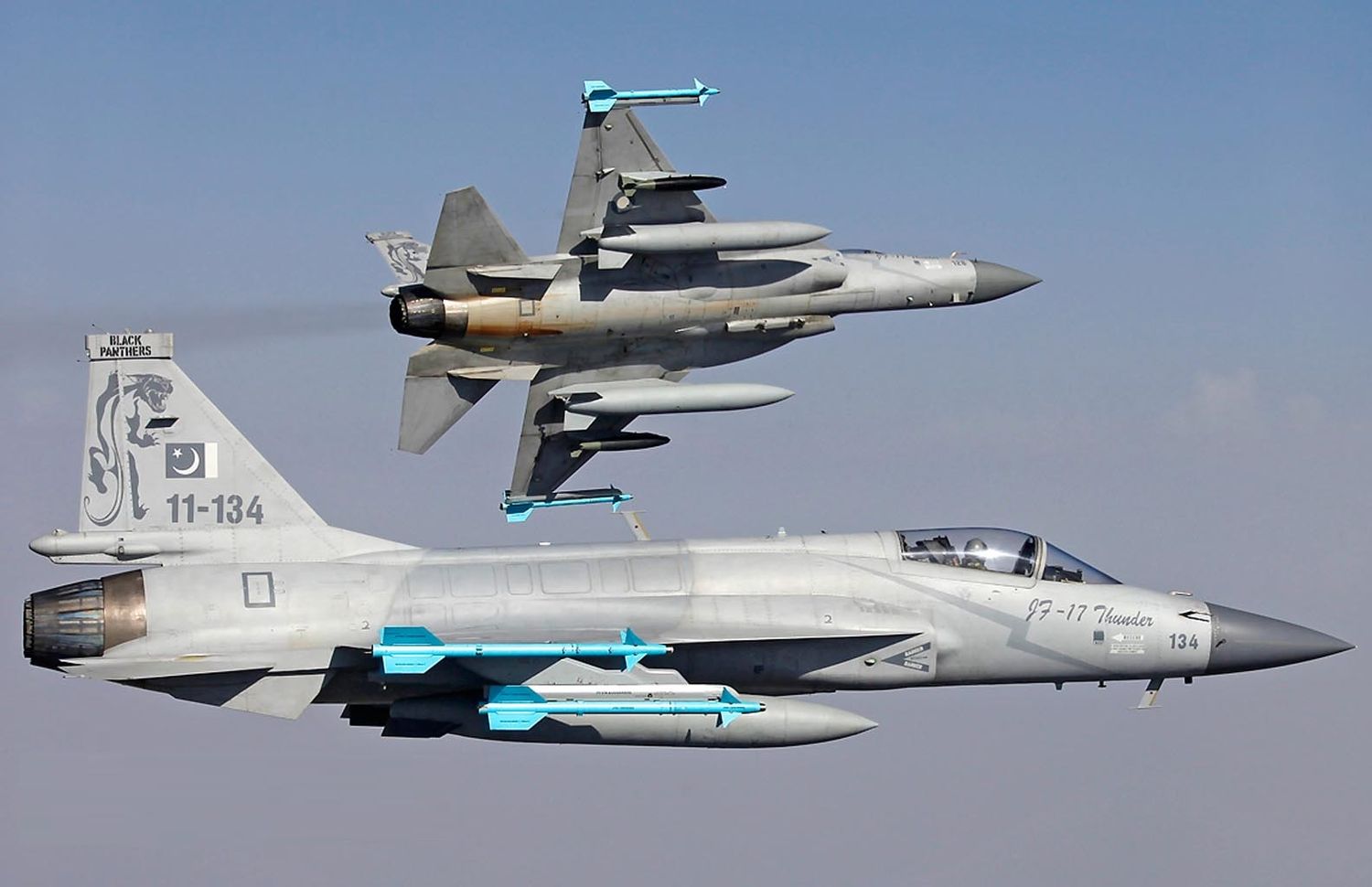Pakistan launches airstrikes against targets inside Iran
In retaliation to a ballistic missile attack carried out by Tehran against alleged opposition militants taking refuge in Pakistan, Islamabad carried out airstrikes against Baloch separatist targets inside Iran.
For the operation, the Pakistan Air Force (PAF), according to Pakistani media, deployed JF-17 Thunder, J-10C and F-16 fighter jets, which reportedly took off from the Shahbaz airbase in Jacobabad. Chinese-made Wing Loong II armed drones and 300 mm A-100 long-range tactical missiles were also used.
Pakistan launched air strikes less than 48 hours after Iran claimed it attacked Israel-linked fighter bases inside Pakistani territory.
????LIVE updates ⤵️ https://t.co/EkGk2BSShE
— Al Jazeera English (@AJEnglish) January 18, 2024
After midnight, Pakistani fighters reportedly penetrated 20 km into Iranian territory, where they conducted airstrikes with guided bombs against alleged targets of the Balochistan Liberation Front, considered by Islamabad to be terrorists.
«Several terrorists were killed during the intelligence-based operation,» said Pakistan’s Foreign Ministry, which described the armed action as «a series of highly coordinated and specifically targeted precision military strikes against terrorist hideouts.» «The sole objective of today’s action was Pakistan’s security and national interests, which are paramount and cannot be compromised,» the ministry added.
Tehran condemned the attack, in which, according to state media, 9 people (including children) were reportedly killed.
The situation on the Iranian-Pakistani border remains tense, and the PAF redeployed JF-17 fighter jets to deter any kind of aerial incursion, particularly Iranian drones or loitering munitions.
See also: J-10C and Eurofighter Typhoon to engage in simulated air combat during exercise Zilzal-II
Pakistan military message to Iran, after the strikes today: “Going forward, dialogue and cooperation is deemed prudent in resolving bilateral issues between the two neighbouring brotherly countries.”
— Salman Masood (@salmanmasood) January 18, 2024
The situation is of concern to regional actors, who are calling on Iran and Pakistan to de-escalate the conflict and seek solutions through diplomatic channels. Even the Taliban government of Afghanistan is advocating a peaceful solution. However, several political analysts with expertise in the region point out that the risk of an armed escalation between these two military powers (one of them nuclear) is low, as both countries were eager to emphasize that the attacks were directed against separatist groups sheltering on different sides of the border, and not an aggression against the sovereignty of the neighbor.


Comentarios
Para comentar, debés estar registrado
Por favor, iniciá sesión